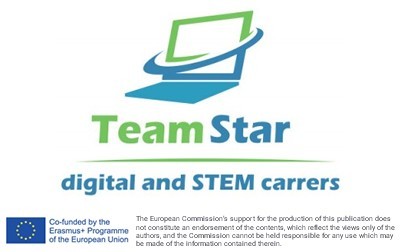
The current situation, shown by the Eurostat data 2019, related to the unemployment rate of young people is high in different European Countries. Concerning the EU Media (35,2%), Italy has an unemployment rate of 42,7% followed by Greece with 40,6%, Bulgaria 35,8%, and Latvia 30,4%.
The youth unemployment (labour force aged 15 to 24 years old - the earliest point at which mandatory school education ends) tends to be higher than unemployment in older age groups.
Typically, teenagers who are fresh out of education do not find jobs right away. Additionally, it also tends to be higher in emerging economies than in industrialized nations.
In the European Union, unemployment, in general, has been on the rise since 2008, which is due to the economic crisis which has led to a considerable job loss, fewer job offerings, and consequently, to a rise in the unemployment rate.
All in all, the number of unemployed persons worldwide is projected to rise, and this is not due to the economic crisis alone, but also the industrial automation of processes previously performed by workers.
The transformations of the worldwide economy lead to the need for digital skills for nearly all jobs where ICT complements the existing tasks. Careers such as engineering, accountancy, nursing, medicine, art, architecture, and many more - require increasing levels of digital skills.
However, on the base of the Eurostat data, the percentage of young people who have basic or above basic overall digital skills in 2019 are 51% in Greece, 43% in Latvia, 42% in Italy and 29% in Bulgaria.
To cope with this situation, several key competencies facilitate young people's transition to the job market and future career prospects.
In this direction, according to EU Commission communication ‘Rethinking education: investing in skills for better socio-economic outcomes’ (2012), entrepreneurship education, a one of the key competence, is recognized as the supporting tool for young people to develop a general set of competencies applicable in all walks of life, not simply about learning how to run a business. This means acquiring the ‘the ability to think critically, take initiative, problem-solve and work collaboratively’.
Consequently, real-world experience, through problem-based learning and enterprise links, should be embedded across all disciplines and tailored to all levels of education to create new opportunities for business creation as a career destination.
In this context, the common needs emerge among the countries involved:
Thus, the project responds to these needs with the following objectives:
Target group: Secondary school teachers and students.
For more information, please, visit the European Commission Erasmus Plus Platform.
Partnership:
Latvijas Kulturas Akademijas Agentura (Latvia)
Centre for Education and Innovations - CERI (Bulgaria)
Targovska Gimnazia (Bulgaria)
PANEPISTIMIO THESSALIAS (Greece)
EU-Track (Italy)
ITS « Arturo Bianchini » (Italy)
ISMA vidusskola Premjers (Latvia)